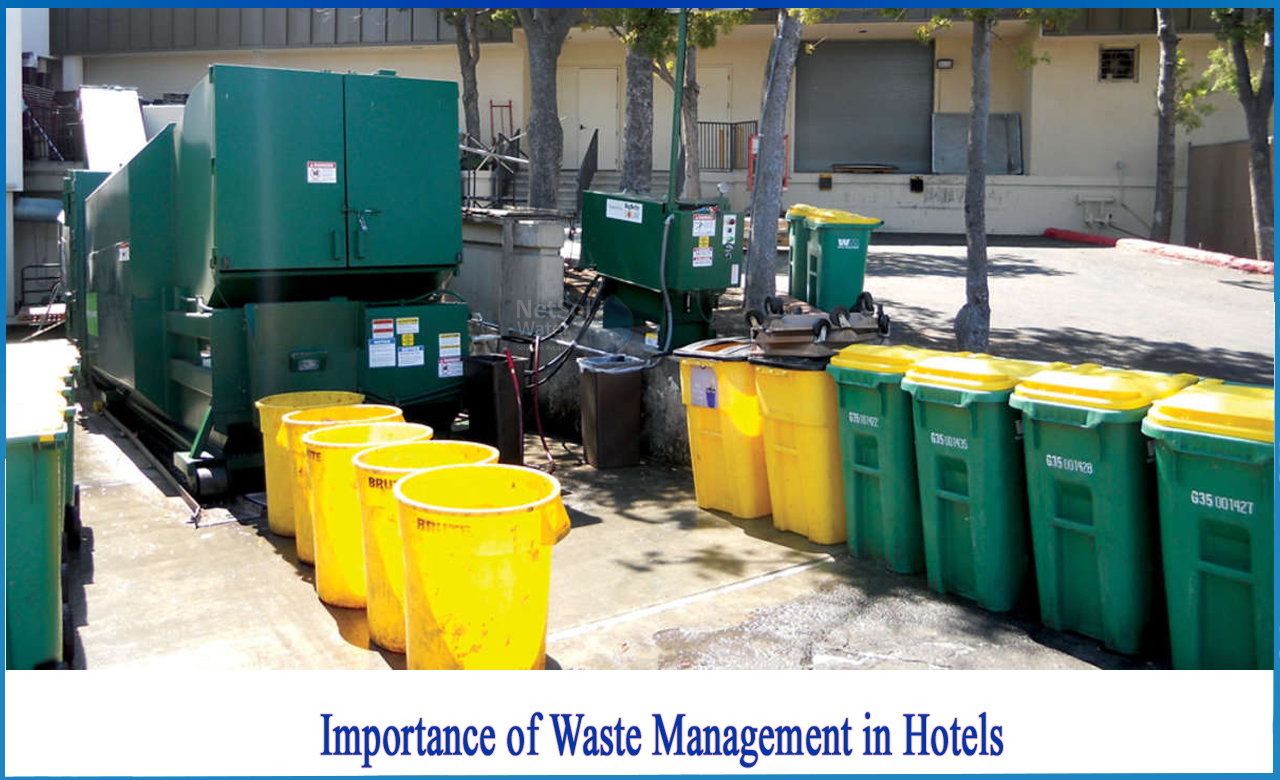The Main Principles Of Reclaim Waste
The Main Principles Of Reclaim Waste
Blog Article
Reclaim Waste Fundamentals Explained
Table of Contents7 Easy Facts About Reclaim Waste DescribedThe Buzz on Reclaim WasteRumored Buzz on Reclaim WasteLittle Known Facts About Reclaim Waste.The Greatest Guide To Reclaim Waste
Residential sewage waste refers to the waste and items from a property septic tank. The correct administration and disposal of residential sewage waste call for liquid waste to be moved to a sewer treatment plant where the correct techniques and tools are applied to detoxify and dispose of waste.
Industrial waste often consists of potential dangers, such as flammable products or a mixture of fluid and solid waste items, and needs an extra sophisticated and detailed disposal process. The disposal of commercial waste generally includes the filtering of waste prior to transportation to make certain safe and correct disposal. Industrial waste is produced from by-products and runoff of industrial processes and production.
This sort of waste can not use the same sewer monitoring transportation or procedures as septic or commercial liquids. The commercial waste management procedure calls for the evaluation and testing of fluid waste before it goes through the disposal procedure (liquid waste removal). Drainage waste is the fluid waste that originates from runoff and excess stormwater in extremely inhabited locations or cities
Overflow waste can trigger contamination and flooding otherwise handled correctly. Discover a lot more regarding drain cleansing and waste monitoring. Making certain correct waste management can prevent disasters and reduce environmental injury. Both people in household setups and experts in industrial or production industries can benefit from understanding the processes and laws of fluid waste monitoring.
Reclaim Waste for Beginners
Get in touch with PROS Providers today to discover concerning our waste administration and disposal solutions and the proper methods to care for the fluid waste you produce.
(https://reclaimwaste1.blog.ss-blog.jp/2024-11-12?1731425991)This so-called 'wastewater' is not just an important source but, after treatment, will certainly be released to our land, rivers or the sea. Utilized water from commodes, showers, baths, cooking area sinks, laundries and commercial procedures is understood as wastewater.

water utilized to cool down machinery or tidy plant and equipment). Stormwater, a kind of wastewater, is overflow that moves from agricultural and city areas such as roof coverings, parks, gardens, roadways, paths and rain gutters right into stormwater drains pipes, after rainfall. Stormwater flows unattended directly to regional creeks or rivers, at some point reaching the ocean.
About Reclaim Waste
In Queensland, many wastewater is dealt with at sewage therapy plants. Wastewater is transferred from residential or industrial sites with a system of drains and pump stations, understood as sewage reticulation, to a sewer therapy plant. Local governments build, preserve and operate most sewer treatment plants. Operators are accredited under the Environmental Management Act 1994 to discharge treated wastewater at an acceptable ecological standard into rivers.
The Department of Natural Resources recommends neighborhood federal governments about managing, operating and keeping sewerage systems and treatment plants. In unsewered areas, neighborhood governments may require householders to set up specific or home sewer treatment systems to deal with residential wastewater from commodes, cooking areas, restrooms and laundries. The Department of Natural Resources authorises using family systems when they are proven to be reliable.
Many stormwater obtains no therapy. In some brand-new subdivisions, treatment of some stormwater to get rid of litter, sand and gravel has actually begun making use of gross contaminant traps. Wastewater treatment occurs in 4 phases: Eliminates strong issue. Bigger solids, such as plastics and other things incorrectly Homepage discharged to sewers, are eliminated when wastewater is travelled through screens.
Wastewater after that streams right into large tanks where solids clear up and are removed as sludge. Grease and scum are skimmed from the surface. Makes use of little living microorganisms understands as micro-organisms to break down and remove continuing to be dissolved wastes and fine bits. Micro-organisms and wastes are integrated in the sludge. Removes nitrogen and phosphorus nutrients that could create algal flowers in our waterways and intimidate marine life.
The Only Guide to Reclaim Waste
Nutrient removal is not offered in any way sewage therapy plants due to the fact that it requires pricey specialist tools. It is becoming extra common in Queensland. Clear liquid effluent generated after therapy may still consist of disease-causing micro-organisms. If this effluent is launched right into rivers such as rivers or the sea, the micro-organisms will at some point pass away out.

This generally means wastewater has to be treated or pollutants removed prior to it can be released to rivers. The majority of wastewater streams into the sewerage system. Under the Act, local governments provide approvals and permits for ecologically appropriate tasks (ERAs) including wastewater launches that may have a local impact. The department administers approvals and permits to Ages entailing wastewater launches that may have a local or statewide impact.
Reclaim Waste Can Be Fun For Anyone
Surveillance provides accurate information regarding water high quality and can confirm that permit problems are being fulfilled. The details acquired with surveillance offers the basis for making water high quality choices.
Report this page